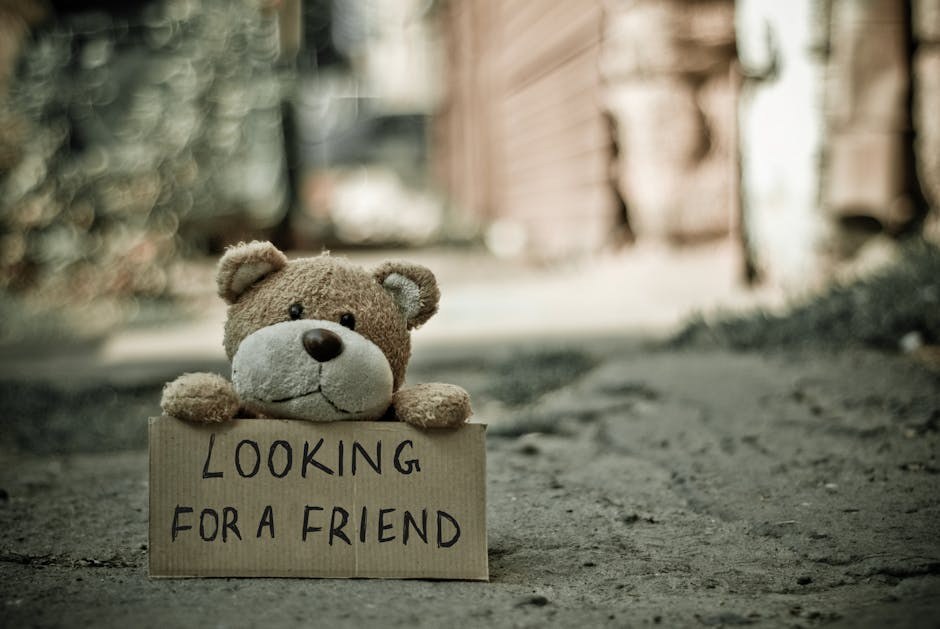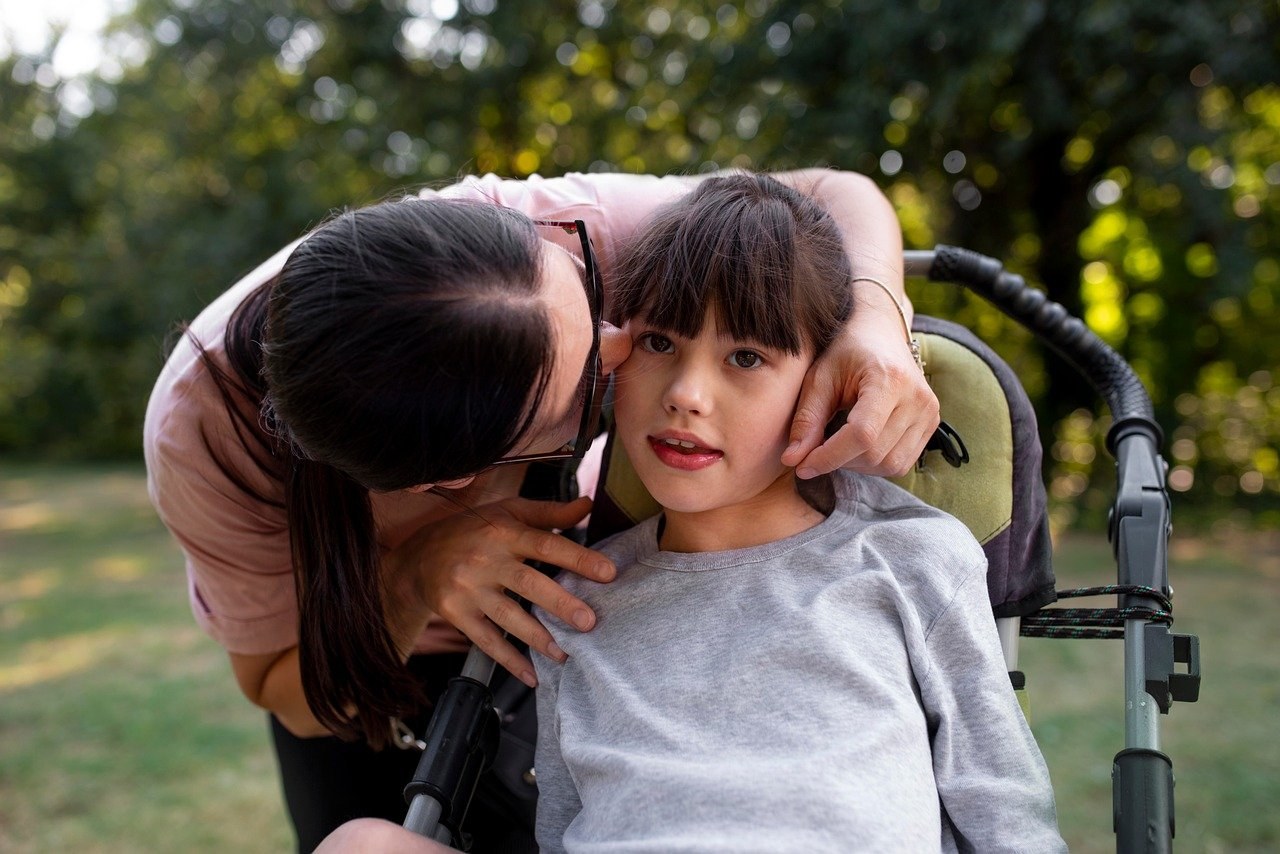You clicked with someone right away and the chemistry felt undeniable – yet a quiet doubt keeps tugging at your attention. Instincts rarely shout; they whisper. When your gut won’t settle, it may be picking up on warning signs in a relationship that your head is reluctant to face. The goal isn’t to panic or to judge yourself for caring; it’s to observe patterns clearly, name what you see, and decide how to respond with self-respect.
Before You Dive Deeper: What Red Flags Actually Are
People sometimes treat red flags like a single dramatic moment – a spectacular argument, a blatant betrayal. More often, they’re small indicators that repeat and accumulate. When you notice warning signs in a relationship, you’re not being negative. You’re practicing discernment. Think of these markers as signals about compatibility, readiness, boundaries, and safety. They don’t automatically mean the connection is doomed, but they do ask for attention, conversation, and honest evaluation.
One more note: fear can masquerade as intuition, and longing can masquerade as certainty. That’s why it helps to translate feelings into observations – specific behaviors, recurring themes, and concrete examples. If what you notice keeps pointing to warning signs in a relationship, take that evidence seriously. With that frame, here are patterns that often precede heartache.

-
You Overrode Your Own Deal Breakers
Before you met, you knew what you could and couldn’t live with – yet you moved the goalposts because the spark felt rare. Maybe you told yourself a mismatch in life goals would “sort itself out,” or you minimized a habit that once felt non-negotiable. When love is new, optimism expands – but if you repeatedly excuse core clashes, you’re not compromising; you’re abandoning yourself. Returning to your original boundaries isn’t cold or unromantic. It’s how you protect your future from warning signs in a relationship that were visible from the start.
-
Your Core Values Don’t Align
Values are the “why” behind daily choices: money, family, commitment, faith, integrity. You don’t need to be identical, but you do need to be compatible. If one partner prioritizes freedom while the other prioritizes stability, almost every decision becomes a negotiation with an undertow. Over time, that friction drains goodwill. Misalignment here is one of the clearest warning signs in a relationship because values quietly steer the entire ship – how you spend, who you see, where you live, and what you teach each other to expect.
-
Home Feels Heavy Instead of Safe
You don’t have to be thrilled every time you open the door, but you should feel relief. If you catch yourself lingering at work, inventing errands, or craving solitude because home means tension, your body is voting with its feet. Emotional safety isn’t a luxury; it’s the oxygen of closeness. Notice how your mood shifts on the way back – dread is information, and it often accompanies warning signs in a relationship that has turned into a stress zone rather than a refuge.

-
Blame Crowds Out Responsibility
Conflicts are inevitable; accountability is optional. If both of you reach for defensiveness, counterattacks, and scorekeeping, the real issue goes unsolved while resentment grows. A partnership thrives when each person can say, “Here’s my part.” Without that, apologies become strategic, not sincere, and the same arguments cycle back. This overreliance on blame is among the classic warning signs in a relationship because it blocks repair – the very thing that could heal it.
-
Positive Memories Are Hard to Find
Every couple has rough patches, but there should also be a bank of bright moments – inside jokes, acts of tenderness, shared wins. If your mind summons only the breakups, the cold silences, the slammed doors, it’s telling you something. A relationship that cannot generate new good memories becomes a museum of grievances. The scarcity of warmth isn’t a fluke; it’s a pattern, and patterns like this are warning signs in a relationship that is surviving but not thriving.
-
Sex Feels Mismatched or Strained
Physical intimacy doesn’t have to be perfect to be nourishing, yet compatibility matters – desire, pace, preferences, openness to learning. If attraction is chronically low, pressure replaces play, or your needs feel invisible, intimacy becomes a site of tension rather than connection. You can absolutely learn together, but growth requires curiosity and goodwill from both sides. Ongoing disconnection here often travels with other warning signs in a relationship, such as resentment and emotional distance.

-
Small Disagreements Turn Into Big Battles
It starts with a minor difference – dishes, texts, tone – and suddenly it’s an all-out clash with raised voices, accusations, or name-calling. What’s happening underneath is escalation, the enemy of understanding. When one or both partners feel unheard, the volume rises while empathy drops. Without de-escalation skills, even simple logistics become exhausting. Frequent blowups aren’t passion – they’re warning signs in a relationship that lacks safe ways to disagree.
-
Secrets Replace Privacy
Everyone deserves personal space. Privacy says, “This is mine”; secrecy says, “You can’t know.” If you’re hiding messages, minimizing connections, or managing a double life, the problem isn’t curiosity – it’s trust erosion. Likewise, if you sense you’re being shut out of basic realities, you’re not “needy” for asking questions. The presence of hidden compartments is one of the more corrosive warning signs in a relationship because it feeds suspicion and starves intimacy.
-
Trust Is Shaky – or Missing
Trust is the quiet confidence that your partner means what they say and will do what they promise. Without it, your mind becomes a detective agency: scanning, checking, second-guessing. Whether the rupture came from past betrayals or repeated small letdowns, rebuilding requires time, honesty, and consistent follow-through. If repair never takes hold, the daily churn of doubt becomes unsustainable – a hallmark of warning signs in a relationship that can’t carry weight.
-
Active Addiction Is in the Room
Recovery is real, and people can and do heal. Yet when addiction is current and untreated, the relationship becomes organized around it – managing crises, covering tracks, living in unpredictability. Love can offer support; it cannot do the work of sobriety. If you notice yourself normalizing chaos or shrinking your needs to avoid conflict, you’re witnessing warning signs in a relationship that’s being overshadowed by a bigger battle.
-
Hard Topics Are Off-Limits
Money, sex, boundaries, in-laws, future plans – every couple has sensitive subjects. The issue isn’t discomfort; it’s avoidance. If bringing up concerns gets you silence, mockery, rage, or stonewalling, the relationship can’t adapt. Openness makes room for course-correction; avoidance cements problems in place. When you cannot safely name what hurts, you’ll see more warning signs in a relationship, because the unspoken doesn’t vanish – it leaks out elsewhere.
-
You Struggle to Name Their Strengths
In healthy connection, appreciation flows both ways. If asked to list their positives and your mind goes blank – or you can only summon traits from the honeymoon phase – you may have stopped seeing the person in front of you. Sometimes resentment or fatigue narrows our lens; sometimes compatibility truly faded. Either way, that absence of felt admiration is one of those subtle warning signs in a relationship that has lost its glow.
-
Reliability Is Unreliable
Partnership means turning toward each other when life gets loud – celebrations, emergencies, everyday errands. If they’re perpetually last on your list for help, or you hesitate to call because you expect disappointment, the bond isn’t functioning as support. Reliability doesn’t mean perfection; it means you can count on the backbone of the connection. When you can’t, you’re living with warning signs in a relationship that looks like a team on paper but plays as two solos.
How to Respond Without Losing Yourself
Spotting patterns is step one; step two is action. Start by articulating what you observe – not global labels, but behaviors: “When plans change last minute, I feel unimportant,” or “When we avoid finances, the problem grows.” Invite dialogue about change, not a courtroom scene about blame. If both partners show up with curiosity and effort, some warning signs in a relationship can soften. Agreements help: a calmer conflict routine, shared calendars, weekly check-ins, or a pause word when voices rise.
Yet clarity includes limits. If your non-negotiables are violated or safety is at stake, you’re allowed to step back. Leaving is not a failure; it’s an act of care for your future. Conversely, staying is a choice that works only when change is real – consistent actions, not hopeful promises. Keep listening to your internal barometer. The more you honor it, the more precise it becomes at detecting warning signs in a relationship before they harden into heartbreak.
Remember that love asks for two skills at once: generosity and discernment. Generosity offers patience, empathy, and a willingness to grow together. Discernment notices patterns, respects limits, and refuses to romanticize pain. Hold both. When you do, you can meet connection with open eyes, respond to warning signs in a relationship with steady courage, and choose a path that protects your well-being – whether that means repairing what’s fixable or releasing what’s not.
If the voice in your head has been whispering for a while, treat it like a friend. Write down what you’ve seen, talk it through with someone who knows your values, and decide what you’re willing to try – and for how long. The goal isn’t to prove a point; it’s to live in alignment. That is how you transform warning signs in a relationship into signals that guide you toward a healthier chapter, whatever shape that takes.